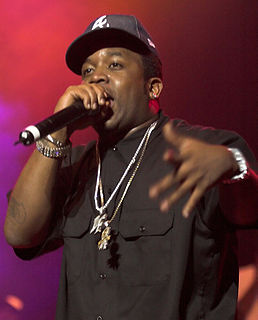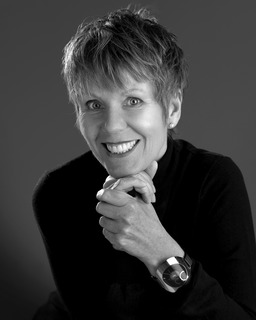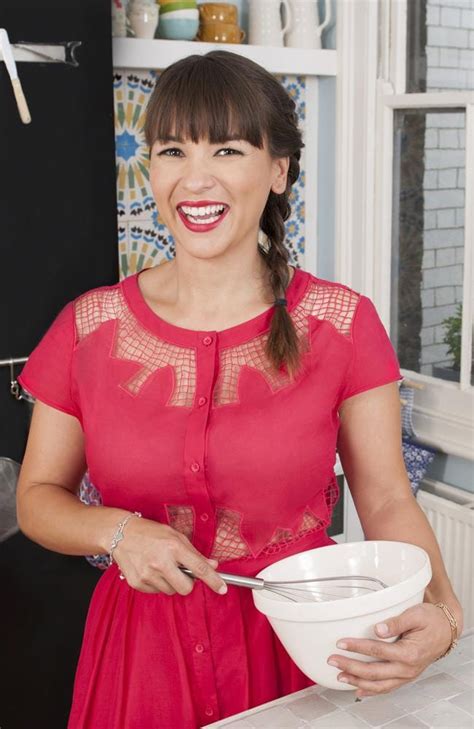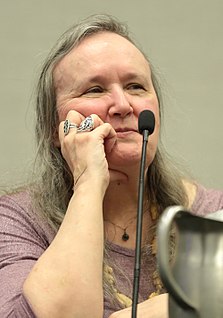A Quote by Laura van den Berg
I can't write anything if I don't know where it's set, where the events are happening - even if the details of setting are minimal.
Related Quotes
The elements of a good story are most definitely details, little bitty details. That does it, especially when you're describing, when you're setting the scene and everything. It's like you're painting a picture, so details are very important. Also, the music gotta be right. The music can really set the tone for the story and let you know what the story is gonna be about, but definitely, it's the vibe in the place where you at and the detail.
Listen, in dreams and especially in nightmares, from indigestion or anything, a man sees sometimes such artistic visions, such complex and real actuality, such events, even a whole world of events, woven into such a plot, with such unexpected details from the most exalted matters to the last button on a cuff, as I swear Leo Tolstoy has never invented.
'Life's That Way' was an extraordinarily difficult book to write, because it wasn't written as a book. It was written as a journal of events that were happening as I wrote it, without the space or time either to digest or analyze those events and without the hindsight and peace that writing in the aftermath would have provided.
Lifes That Way was an extraordinarily difficult book to write, because it wasnt written as a book. It was written as a journal of events that were happening as I wrote it, without the space or time either to digest or analyze those events and without the hindsight and peace that writing in the aftermath would have provided.
A particular place in the land is never, for an oral culture, just a passive or inert setting for the human events that occur there. It is an active participant in those occurrences. Indeed, by virtue of its underlying and enveloping presence, the place may even be felt to be the source, the primary power that expresses itself through the various events that unfold there.
I believe a good writer can write a good book with any sort of character, in any sort of setting, but I prefer to write about the outsider. It might just be because I've been one (or perceived myself to be one) for so much of my life. But the simple fact of being marginalized immediately brings conflict to a story before the narrative even begins, and that's gold for a writer because it means that your character already has depth before events begin to unfold.
I bring myself innately to it, yeah. I bring those details as much as I - what I don't obsess over is, there are certain ways I might've pushed it even a little more. For example, [to Warren] your accent. I know Warner Bros. at one point came in. I don't know, until you came to set, I know I wore that long tartan skirt and the ruffled blouse for that.





































